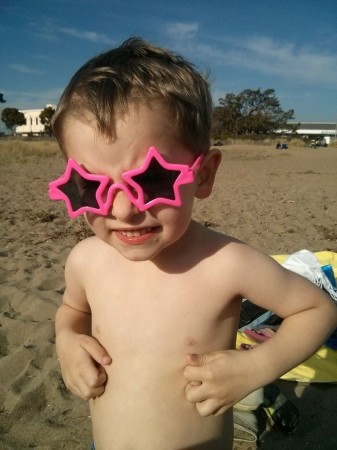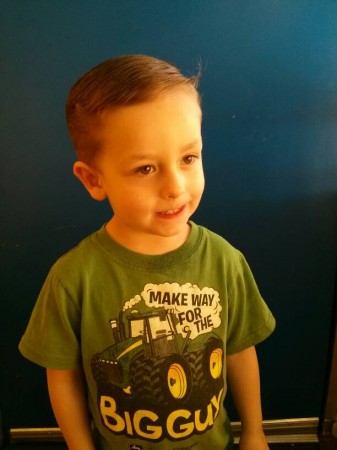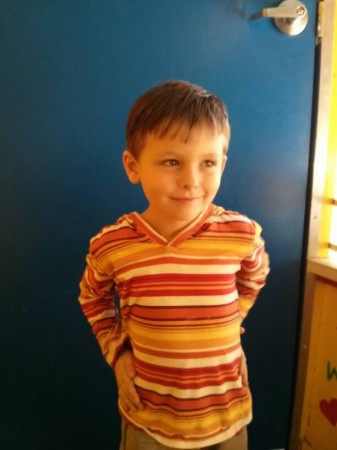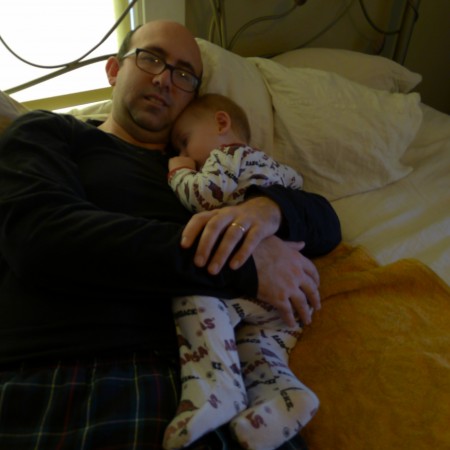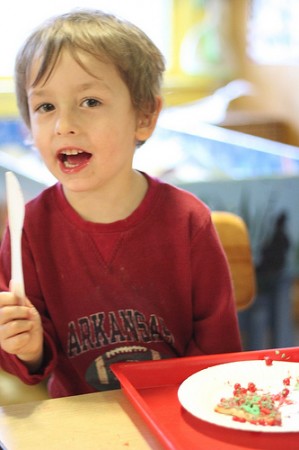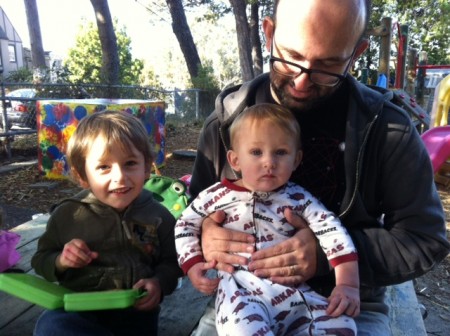Book Review: Ancillary Justice
So I pretty much stopped reading books, when I abruptly fell down the rabbit-hole of depression. But I’m doing better now—not only reading again, but also writing—and I wanted to tell everyone about one of the most exciting sci-fi books I’ve had the pleasure to read recently.
Ancillary Justice has a ship’s AI as its narrator. Although actually it’s a bit more complicated than that, because the AI is housed in a human body—a tribute exacted by a conquering interstellar empire from one of its colonized peoples—and there’s strong hints that some of that person’s erased mind still influences the AI. It’s a fantastically nuanced portrayal, at once believably alien and heartbreakingly human. There’s also plenty of action and space-intrigue and murder and skulduggery, which makes the book fun, but it’s the quiet moments when the AI struggles to parse human gender cues, or carries on a subtly catty conversation with a space station, that make it special.
I liked Ancillary Justice so much that I started following the author’s blog, and it’s been really delightful. Here’s Ann Leckie on fanfiction:
It may seem premature. Presumptuous, perhaps. But I have reason to consider now an appropriate time to post my official feelings about fanfic of my writing.
I’ve given this a lot of consideration. I know it’s a topic that can sometimes be a bit contentious, and so I spent some time writing and editing my statement very carefully so that it fully conveyed my thoughts on the matter. Here it is. Please read it over carefully:
Ann’s Fanfic Policy:
You kids have fun!
I also felt strongly enough, when I read on her blog that some reviewers were criticizing Ancillary Justice for being “not all that significant,” to weigh in myself. Ancillary Justice is a book that exists in conversation with other books. It has a lineage. Specifically it belongs to a tradition of science-fiction books written by women that tackle the subject of gender by disembodying it. What does gender mean for a spaceship? What does mean for a culture where bodies themselves change regularly? Behind Ancillary Justice there’s The Left Hand of Darkness and The Ship Who Sang and other books too—and this doesn’t mean that Ancillary Justice is “insignificant,” just because it tackles a subject that has been addressed before. That’s like saying that every book where a young man grapples with a complicated relationship to his father is insignificant, it’s already been done.
Oh, but nobody would say that, would they? Because men and their daddy issues or their coming-of-ages or their midlife crises, those are timeless and ever-fresh. It’s only when women start to talk about gender that suddenly we’re “insignificant” when we write a book that’s knowledgeable about, that speaks to, the ones our literary foremothers wrote. So I wanted to say: Ancillary Justice is a very good book. And it’s a significant one as well.

